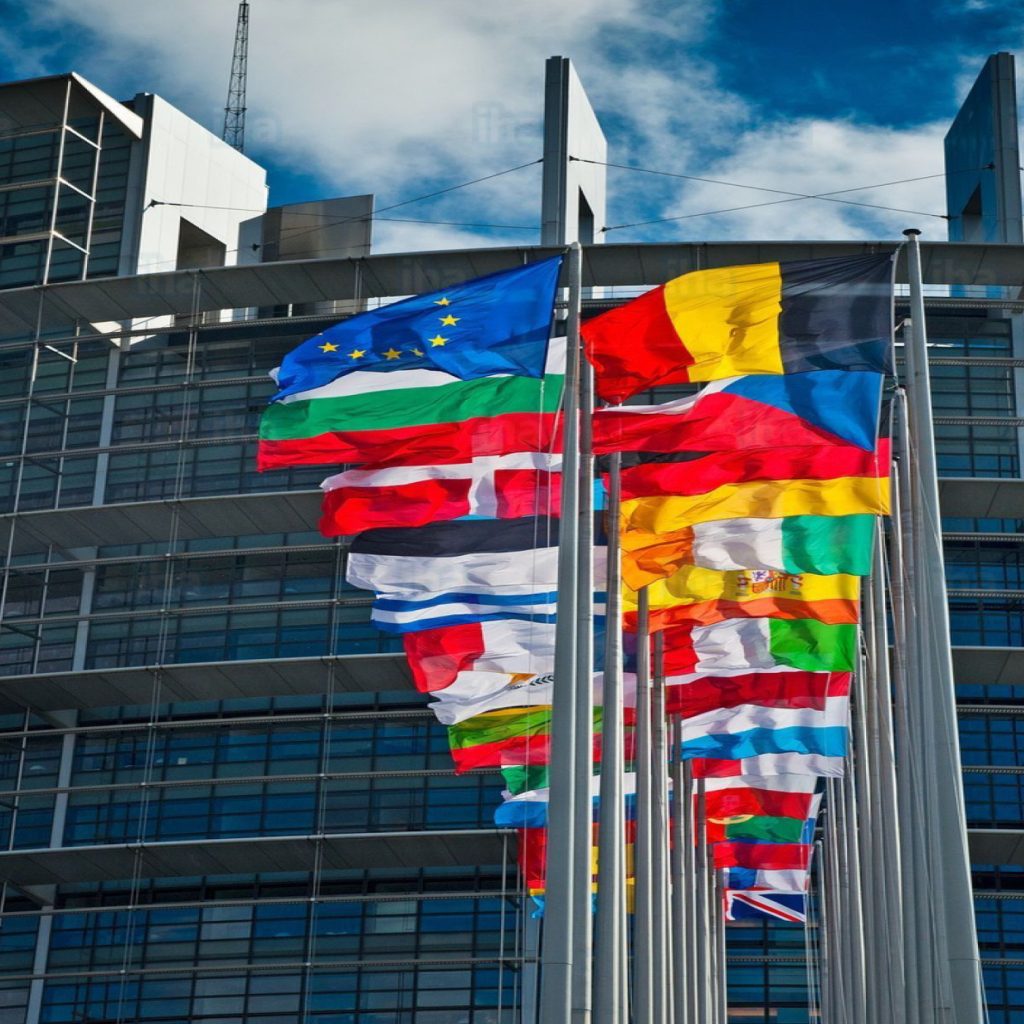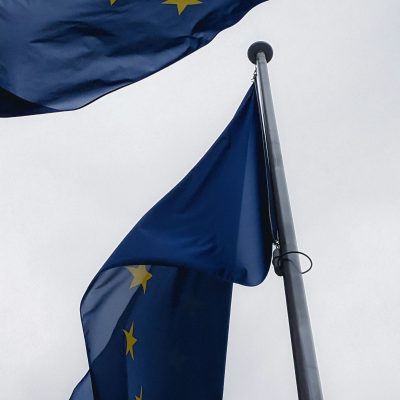Faces on divides: mid-term Greek MEPs’ votes
The election of a new president (speaker) of the European Parliament on Tuesday 17 January marked mid-term for the parliamentarians elected in May 2014. Working in partnership with tTo Diktio on the basis of data supplied by VoteWatch, the Jacques Delors Institute has decided to mark the occasion by conducting a fresh analysis of the way Greek MEPs have voted to date in connection with the twenty emblematic issues submitted to their approval (the Juncker Commission’s investiture, the TTIP, trade secrets, the European border guard and coastguard agency and so forth).

The election of a new president (speaker) of the European Parliament on Tuesday 17 January marked mid-term for the parliamentarians elected in May 2014. Working in partnership with tTo Diktio on the basis of data supplied by VoteWatch, the Jacques Delors Institute has decided to mark the occasion by conducting a fresh analysis of the way Greek MEPs have voted to date in connection with the twenty emblematic issues submitted to their approval (the Juncker Commission’s investiture, the TTIP, trade secrets, the European border guard and coastguard agency and so forth).
These factsheets will allow us to put “faces on the political divide” which structures the European Parliament’s democratic life but which does not necessarily or invariably reflect the left-right divide or the need to back one’s national government the way it does at the national level. Rather, it points to the existence of variable-geometry political majorities (just as it did from 2009 to 2014) which can be broken down into three main categories:
- “coalition majorities” embracing the conservatives, the social democrats and the liberals (who vote the same way in 70% of cases) with additional support on a case-by-case basis from other political forces, a factor which has become increasingly necessary in view of the three political groupings’ weaker numerical importance (this is the case, for instance, in voting on the shareout of refugees or on the harmonisation of social security charges and posted workers’ salaries…)
- “confrontational majorities” pitting the conservatives against the social democrats with additional support on a case-by-case basis from the liberals, the greens, the radical left or the eurosceptics (this is the case, for instance, in voting on the renewal of authorisation for glyphosate, the ban of religious symbols by Employers…)
- “consensus majorities” embracing virtually all of the Greek MEPs from Syriza to Golden Dawn (this is the case, for instance, in voting on money laundering or on Tax convergence…)
These factsheets also explore the positions expressed by the French and Czech parliamentarians (in versions specially translated for those countries) in the context of a partnership forged with Diktio and with Europeum, that enjoys the financial support of the European Parliament.
They are designed for dissemination by the Jacques Delors Institute, the Mouvement Européen – France, To Diktio, Europeum and all the other parties involved, throughout 2017 and beyond, in a determined attempt to fuel the democratic debate on the choices and decisions made by the European Union and by those acting in its citizens’ name within the European Parliament.
The vote of the Greek MEPs on 20 emblematic issues
Juncker Commission
Should the European Parliament appoint Juncker’s Commission?
Should the Parliament censor the European Commission?
National and European budgets
Should we limit the Juncker Plan interventions aiming at promoting growth?
Should the EU Budget be increased?
Should the EU focus more on public investment rather than focusing on budgetary discipline?
Economy/Finance/Trade
Should TTIP negotiations continue?
Should trade secret be protected?
Should access to money laundering information for tax authorities be facilitated?
Should we prevent public railway systems from being privatized?
Single Market/Social and fiscal Europe
Should the EU harmonise the social benefits charges and wages of posted workers according to local standards ?
Should EU Members States increase tax coordination and convergence within the internal market?
Should the EU introduce minimum standards for the implementation of the youth guarantees?
Should employers to ban specific kinds of symbols that are claimed to be of a religious nature?
Should the EU renew the authorization for glyphosate for 7 years?
Refugees / Border
Should the EU fight for increasing social inclusion of refugees as well as their integration in the labour market?
Should refugees be allocated across Europe?
Should a European Border and Coast Guard Agency be established?
External Relations
Should the EU pursue closer relations with Iran?
Should the EU allow the redoubling of the capacity of the pipeline Nord Stream II?
Should the EU introduce the payment of ETS allowances for steel coming from outside the EU?





